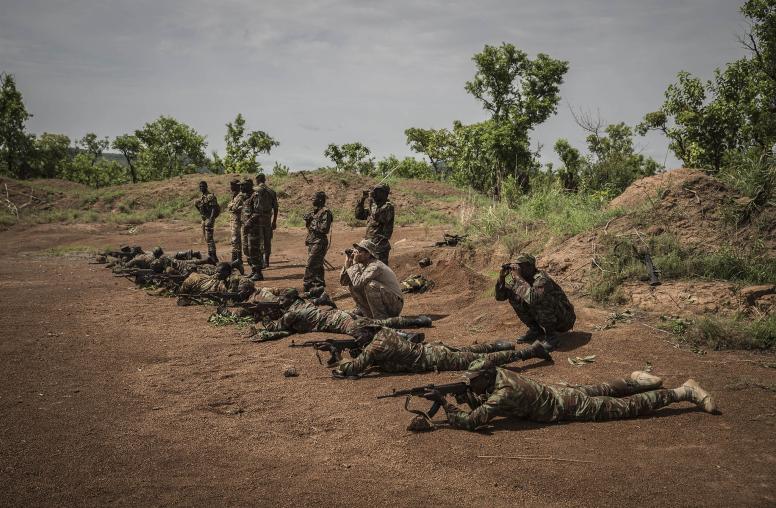Preparing the Global Counterterrorism Forum for the Next Decade
In the two decades since the 9/11 attacks, terrorist networks have become more global and interconnected even as they remain locally tethered. The transnational and localized nature of the threat underscores the continued importance of international cooperation in all aspects of a response. This report explores the work of the Global Counterterrorism Forum, launched in 2011 to energize such cooperation, and how best to position it for an effective and far-reaching future.

Summary
- Since 2011, when the Global Counterterrorism Forum (GCTF) was launched as the first dedicated global counterterrorism platform, it has helped catalyze more dynamic and practical cooperation on counterterrorism among a more diverse set of government and nongovernmental stakeholders and an enhanced role for the United Nations.
- In its first nine years, the forum has succeeded in developing numerous good practices for practitioners, helping create three institutions to implement priorities, and incubating ideas for UN action.
- The GCTF has been less effective in promoting and supporting implementation of its guidance and building partnerships at the local level.
- The future of the GCTF should be informed by the broader multilateral architecture on counterterrorism that has evolved since 2011 and the need to connect to and support local actors, which now play a much more important role in responding to and preventing terrorism and violent extremism.
- Its members should consider three core recommendations: narrowing the scope of activities; building new and strengthening existing partnerships with regional and local stakeholders; and prioritizing cooperation, collaboration, and engagement.
About the Report
This report examines the work and achievements of the Global Counterterrorism Forum since its launch in 2011 and how it can be best positioned for the next decade of counterterrorism and preventing and countering violent extremism efforts. Informed by interviews, conversations, and survey responses, as well as an off-the-record experts’ roundtable, it was supported by the U.S. Department of State’s Bureau of Counterterrorism.
About the Author
Eric Rosand is the director of the Prevention Project, a nonresident senior fellow at the Brookings Institution, and a senior associate fellow at the Royal United Services Institute. As a senior official at the U.S. Department of State from 2010 to 2016, he played a leading role in launching the Global Counterterrorism Forum and other institutions and initiatives on preventing and countering violent extremism.



